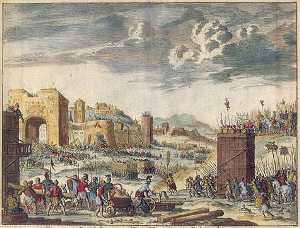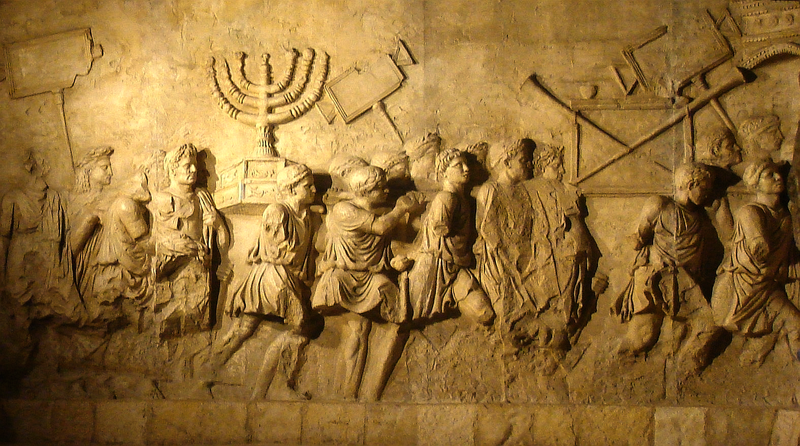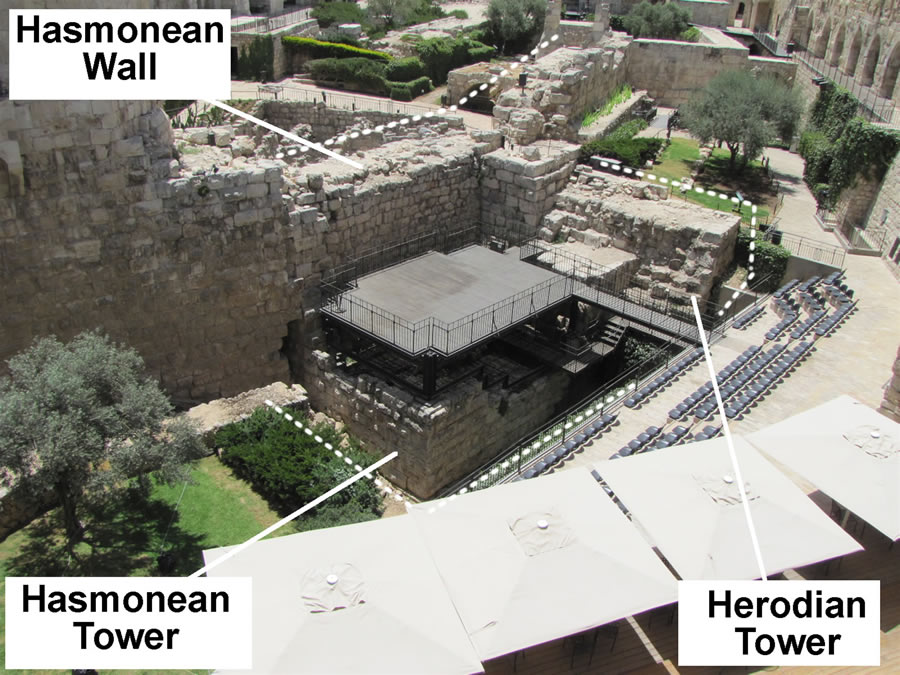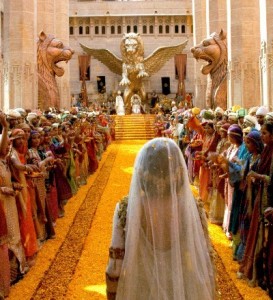
On the surface, the Book of Esther is just another story of political intrigue in the palace. Ahasuerus was married to Queen Vashti, descendant of the king of the Babylonian dynasty, Belshazzar. To him it was a marriage of convenience, because he saw in her a chance to cement his claim to the Persian throne. He was not of royal blood, but his wife was.
However, she was a very independent woman who despised him and publicly treated him in a demeaning and insulting fashion. When she did so at the banquet, he had her executed.
On the surface, this was just one of a long string of events that happen in royal courts. Ahasuerus was Henry VIII some 1,500 years earlier. He was just another Oriental potentate with a harem full of woman, and apparently one more or one less made no difference to him. However, when fitted into the story that developed later we see how important this event was. The downfall of Vashti was the opening to the rise of Esther, and the salvation of the Jewish people.
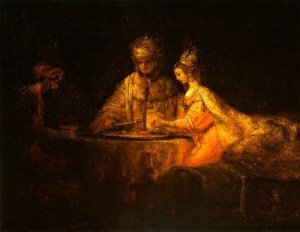
It is hard to imagine a less probable heroine than Esther. Her rise was one of the most unlikely stories possible. She was a young woman of great modesty and piety. All of a sudden, she was conscripted against her will to join an international beauty contest. Esther was not a raving beauty. Her complexion was not perfect, the Talmud says (Megillah 13a). Nevertheless, she had a great deal of charm; a thread of grace adorned her (ibid.).
Still, it was unlikely that she should have been taken, and even more unlikely that she should have reached the “finals.” Most unlikely of all is that the king should have chosen her, fallen in love with her and made her his queen.
Yet, that is what happened.
Ahasuerus was a drunkard with a violent streak. What were the odds of someone like him marrying someone like Esther, who was the complete opposite of him? Poor, gentle, sweet Esther – the most pious of women. Therein, lays one of the great ironies of the story.
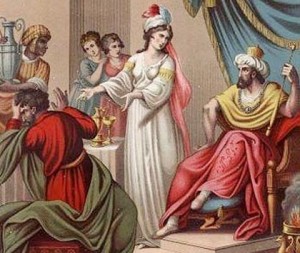
All of us are set aside by God for a purpose, but generally it is hard to read God’s mind and we do not know what the purpose is. We do not see what God intends for us. Nevertheless, many times in life God prepares a person for one event. When that event arrives, and we react to it accordingly and properly, then a glimmer of understanding comes to us. Suddenly, the questions of what am I and what I am I doing here and what does God want from me come to resolution.
That is what happened to Esther. At great risk to her own life, just as things were looking most grim, she revealed her Jewish identity to the king and accused Haman of trying to murder her and her people. Ahasuerus responded by hanging Haman, who was now finally undone by his own ambition and cruelty.
He also hanged Haman’s ten sons, as well as gave the Jewish people permission to defend themselves against their enemies from the earlier decree of extermination (which had not been – and could not be – rescinded). In short, the Jewish people were saved due to the seemingly impossible circumstances of the unlikeliest heroine.


